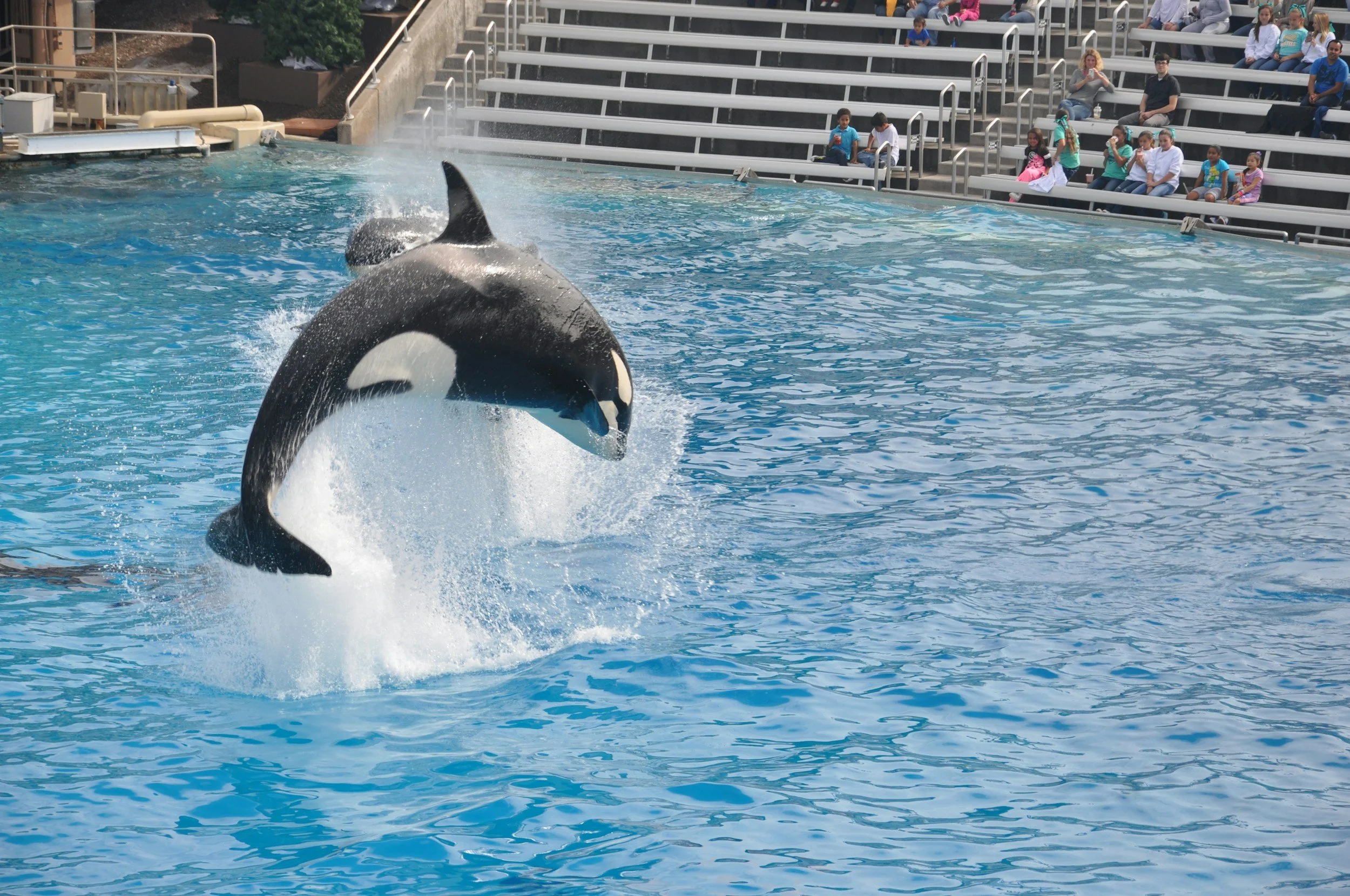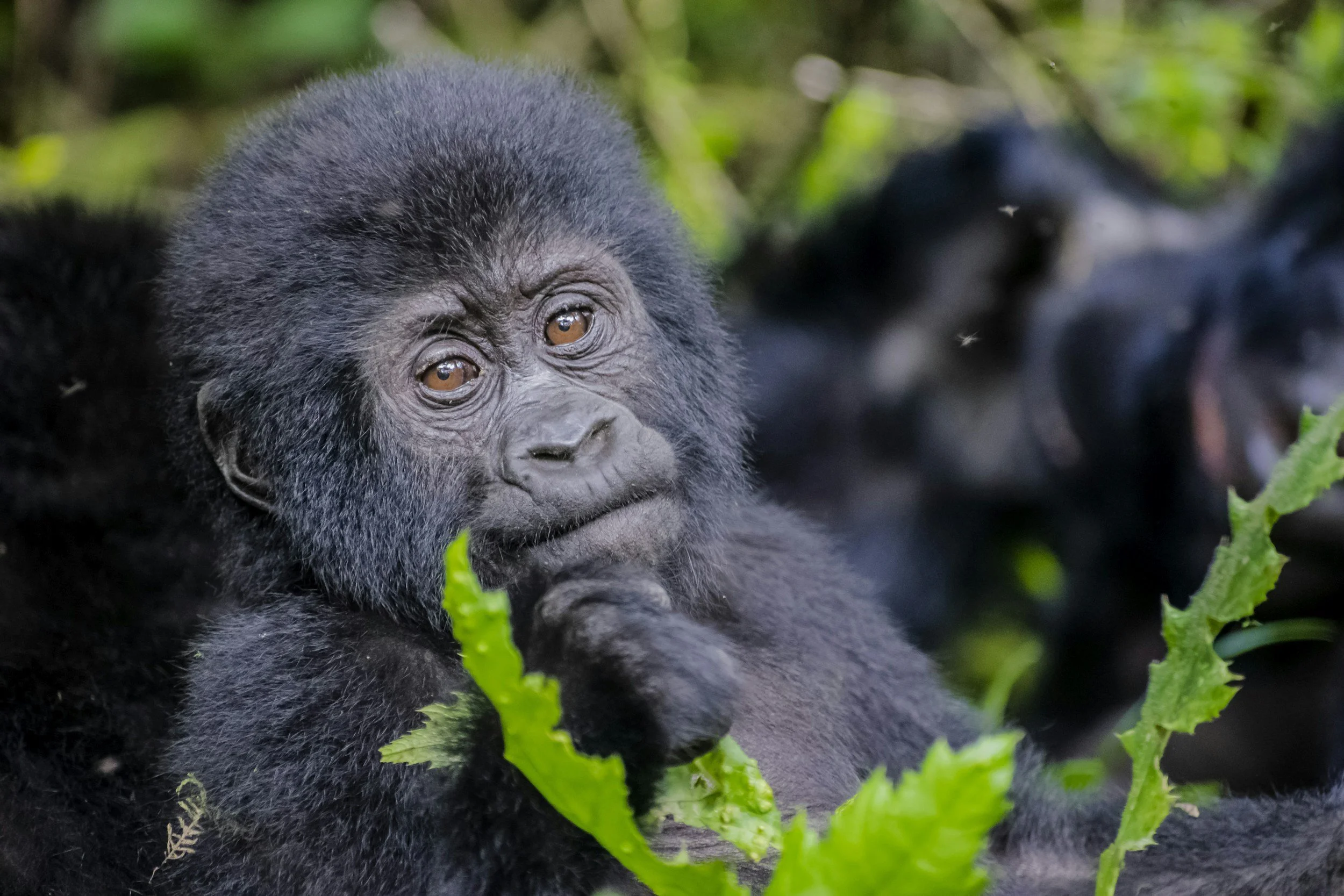Donkey Skins Can Now Be Exported From Pakistan
Pakistan’s decision to allow the export of donkey skin to China has the potential to put millions of these gentle creatures at risk of slaughter, as the demand for ejiao continues to rise.
Pakistan has granted approval for the export of donkey skin to China, driven by the soaring demand for ejiao in the country, as reported by ARY News.
Ejiao is made from boiling the hides of donkeys and used in cosmetics, candy, and traditional Chinese medicine. Nearly five million donkey hides are required to satisfy China’s demand for ejiao, while the domestic supply falls considerably short at less than 1.8 million, according to a report from Chinese state-run Xinhua.
This has resulted in steep declines in donkey populations around the world, particularly across Africa. In efforts to protect their rapidly dwindling donkey populations, many countries including Nigeria, Tanzania, and Ghana have prohibited the slaughter and exportation of donkeys and their hides.
However, the trade is still rampant in many of these regions, with animal welfare group Donkey Sanctuary estimating that around a third of hides sent to China come from stolen donkeys.
Pakistan, which has the third largest donkey population in the world, also imposed a ban on exports in 2015 due to the unsustainable rise in exports of 100,000 skins (a 142 percent increase) in just 12 months.
Now, this latest agreement indicates another concerning expansion of the industry's influence on donkey populations worldwide, say animal advocacy organizations.
A slab of donkey-hide gelatin. Credit: Deadkid dk/CC BY-SA 3.0
Ejiao sells for about US$783 per kilo and the Chinese market for it has increased from about US$3.2 billion in 2013 to about US$7.8 billion in 2020. Pakistan is currently grappling with a significant economic crisis
The decision to lift the ban on exporting donkey skins has been under consideration for several years. In 2019, the Livestock Development division of Khyber Pakhtunkhwa Province announced plans to ‘farm’ and export 80,000 donkeys to China within three years. This was followed by the construction of a first-of-its-kind government-owned donkey farm, spanning over 3,000 acres in the Punjab province in 2021.
Pakistan witnessed a rise in its donkey population during the fiscal year 2022-2023, surging from 5.7 million in the previous year to 5.8 million, an increase of 100,000. Speculation has suggested this growth could be attributed to heightened demand from China.
During a 2022 briefing on imports and exports between Pakistan's Ministry of Commerce and the Senate Standing Committee, a committee member revealed China's interest in importing donkeys and dogs from Pakistan, according to Goa News.
The Suffering Behind The Donkey Skin Trade
Investigations have uncovered rampant abuse surrounding the donkey skin industry. The animals are transported to slaughterhouses in cramped vehicles with no food or water. As a result, many fall sick or suffer injuries en route, and pregnant jennies often abort their fetuses. Those who do not starve or succumb to dehydration during the traumatic journey are violently killed at the slaughterhouse.
An investigation by People for the Ethical Treatment of Animals (PETA) Asia revealed that donkeys in China “are bashed in the head with a sledgehammer and their throats slit”. Meanwhile, in Kenya, undercover footage showed donkeys being violently beaten - with virtually no regulations in place to protect the country’s animals on farms or in slaughterhouses.
The demand for donkey skins has also led to a rise in donkey thefts. This proves a huge problem for farmers who rely on donkeys for transport, domestic work, and milk.
United States Involvement
The U.S. is playing a major part in the trade too. America is the third-largest importer of ejiao from mainland China, after Hong Kong and Japan, importing an estimated $12 million worth of donkey skin gelatin every year.
What Can You Do?
Species Unite has been working to shine a light on and rally strong opposition against the donkey skin trade through our hard-hitting petitions and content - the more global attention this issue gets, the more chance we have of ending the trade for good.
As a prominent driver of the global trade in ejiao, American consumers have a responsibility to educate themselves and others about this devastating industry and to help combat it. A bill to ban the import of donkey skin gelatin has been introduced in Congress. H.R. 5203 - The Ejiao Act, amends the Federal Food, Drug, and Cosmetic Act and bans the knowing sale or transport of ejiao made using donkey skin, or products containing ejiao made using donkey skin, in interstate or foreign commerce.
In an interconnected world where supply is based on demand, we can make a difference here in the United States to help put a stop to this horrific international trade once and for all. Please join Species Unite in calling on Congress to pass the Ejiao Act by signing this petition.
We Have A Favor To Ask…
Species Unite amplifies well-researched solutions to some of the most abusive animal industries operating today.
At this crucial moment, with worldwide momentum for change building, it’s vital we share these animal-free solutions with the world - and we need your help.
We’re a nonprofit, and so to keep sharing these solutions, we’re relying on you - with your support, we can continue our essential work in growing a powerful community of animal advocates this year.
More stories:
Species Unite
A collection of stories of those who fight the good fight on behalf of animals.






A judge has issued Pennsylvania’s first habeas corpus order for a nonhuman animal, advancing NhRP’s fight to move five African elephants from the Pittsburgh Zoo to a sanctuary.